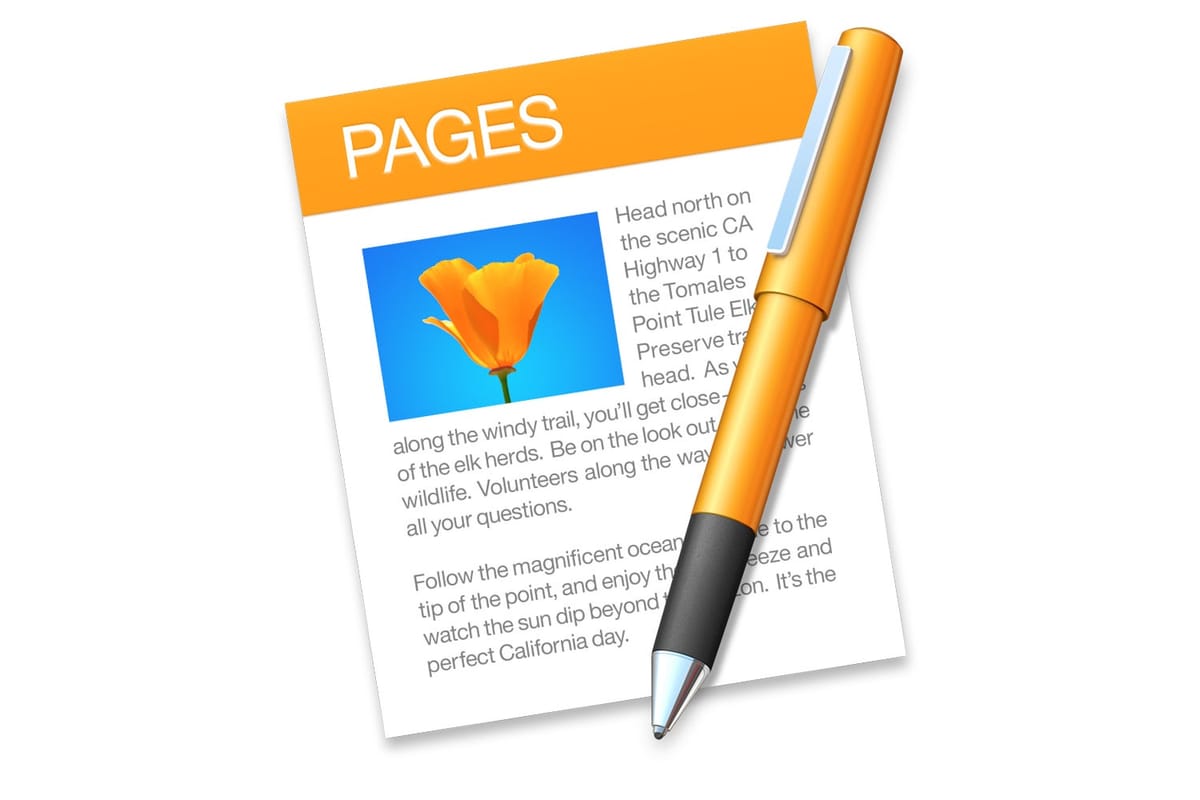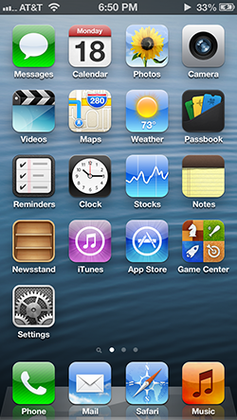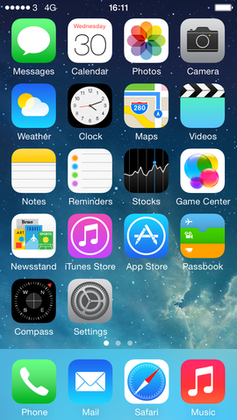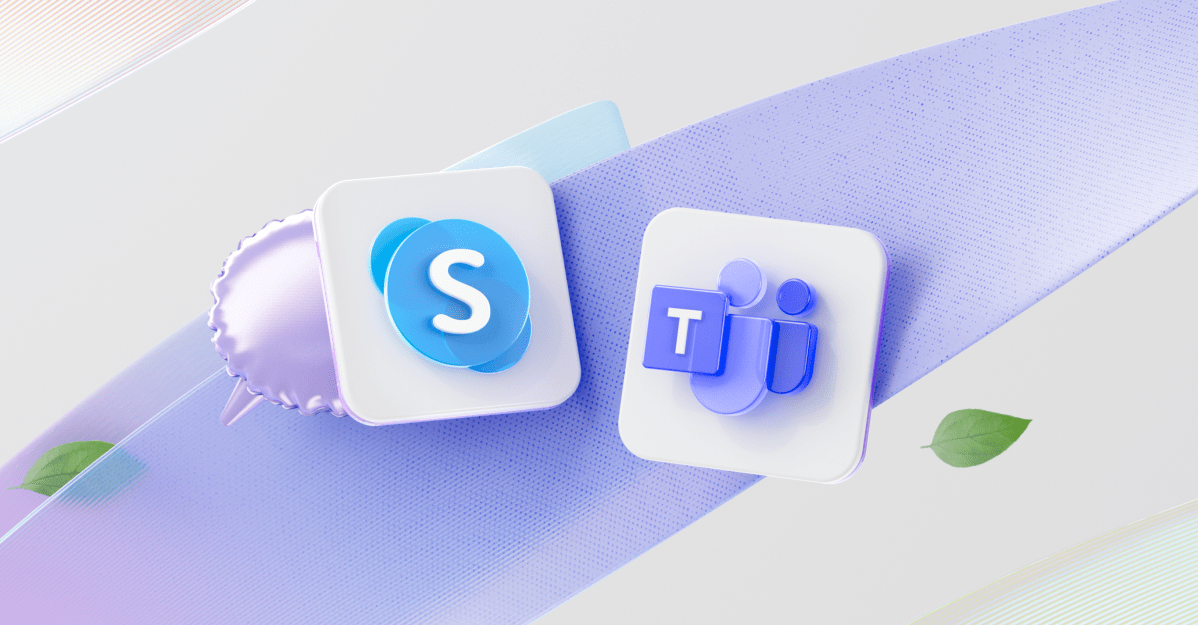Meditations on Pages

What happens to old software? Will we remember what it used to be like?
In middle school, I sat on the Shared Decision Making Committee, a mostly useless panel of parents, teachers, administrators, and me. As part of being in the group, I got to attend a night of demos for different education software. It was probably 2008, and I saw one of the earliest versions of Google Docs. I was stunned. I remember seeing live edits being made remotely to a document being projected for the audience. When I am an old grandpa, I will be able to regale the children with this story. Me, a child in a room of unknowing pioneers, welcoming a new era of word composition.
At the time, I shared a plastic, white MacBook with my brother. It was the first Apple computer I had, and it came with iWork, Apple's shoddy competitor to the Microsoft Office suite. There were three apps that were meant to duplicate the functionality of Excel, PowerPoint, and Word: Numbers, Keynote, and Pages, respectively.
For virtually the entirety of my school life, I used Pages to write papers, creative writing assignments, and pretty much anything else that was going to be printed or submitted. This was cumbersome, because the nascent services for online submission of papers (remember Turnitin?) did not accept native Pages files, so I would either have to convert to a Word file (and risk horrific formatting artifacts) or save as a PDF. I typically went with PDF, which occasionally frustrated my teachers.
But I loved Pages. It was cleaner than Word, and for a little Apple obsessed tween I felt like I was asserting a sort of brand allegiance. A brand allegiance that aligned my values with Apple's and with Steve Jobs's: bold maverick, working against the grain. I legitimately thought it was cool to use a different word processing software than everyone else. This must have been insufferable! I make no apologies!
But more recently, I have begun to use Pages less and less. I still write plenty, but I don't write this newsletter in Pages, for example. This realization struck me as sad for some reason, and got me thinking about the tools, applications, user interfaces, and digital experiences that just...disappear.
Over the last two decades, as consumer computers have become truly ubiquitous, we've experienced multiple dramatic shifts not just in expanding functionality of software, but also in its appearance. I encourage you to reflect on what this has looked like for you.
Do you remember what the homescreen of your first cellphone looked like?
Can you conjure the sound of a Windows 95 machine booting up?
Do you remember the buttons you selected to allow Flash games to run on Internet Explorer?


Do you remember, in 2013, when your iPhone or iPod Touch went from iOS 6 to iOS7?
I used to think that the change to iOS 7, for example, was "better" than iOS 6. Apple dropped the skeuomorphism that had defined the iPhone for 7 years in favor of this flat, minimalistic interface. But now, over a decade departed from this change, I look back more mournfully. I am not nostalgic, necessarily, for how these app icons look, or whatever. I am skeptical at the cost of so-called "improvement." I am left wondering about whether software companies anesthetize themselves against boldness, risk, and inventiveness in favor of whatever appearance or functionality will work for the most people most of the time.
While there is an artfulness to developing interfaces that reach the masses, modern software is converging on the same basic ideas about color, layout, fonts, functionality, etc, and what's left is a flattened landscape of functionally duplicate apps. In the early days of this century, there was a ton of wacky stuff. A paper clip that gives you tips and occasionally dances. A butler named Jeeves. But as I look around, I find a lot less of this personality. This dearth of personality is what allows the Duolingo Owl to be as much of a standout as it is.
I am not attempting to be one of these "glory days" people that wishes we could go back to a simpler time with more novelty. A lot of that software didn't even work, lol. What I am saying, though, is that I wish the captivating magic of our technology didn't come as an afterthought.
Two experiences recently got me thinking about this. In the first, a friend of the blog texted me about how kinda "meh" the experience of getting a new iPhone was. While I have remarked in the past that it feels like we are on a hardware plateau, I think that this blah reaction also comes from the fact that in about 15 minutes you can transfer everything on an older iPhone to your new iPhone, barely skipping a beat. The screen may be a little brighter, the battery a little bigger, but fundamentally the novelty isn't there. Perhaps we are just now in an era of such ubiquity of this technology that it is hard for it to really wow us.
In the second experience, I showed my parents how Replit works. Replit is the vibecoding software I talked about last week, in which you simply just tell it what you want to make and it goes and does it. Perhaps it was a lack of context about development, or perhaps I didn't do a good enough job expressing how absolutely insane this is, but their responses were kind of subdued. I wasn't surprised, per se, but I did imagine that the basic idea of "tell a robot what you want to make and it makes it" would be a bit more thrilling.
What is it? Is it a lack of innovation? Is it a quasi-religious adherence to the "minimum viable product"? Why do I get this feeling that we've given over our imagination to a few companies who prioritize sure bets over inventiveness?
What would a world of DIY software look like? What if you made the things you used every day? What if you could find joy not in how well something works but in how it reflects something about you?
All around us, every single day, the old days recede farther and farther. Last month, Microsoft announced it was shutting down Skype.

I should make clear that I am not particularly "sad" that old software dies. What I mourn is the fossilizing experience of true, stupefying wonder at something new. Like the first time you even made a video call. If you are reading this, you were alive when no one could do that, and now everyone can.
You, reading this, were alive in a time when you could not simply begin writing a document on the internet, let alone share it with collaborators to make live edits. Yet these are functions we take for granted.
What, if anything, does this do to us? Maybe software is just a commodity. Anybody can make a word processor now. There's a million messaging apps. Maybe these tools are like hammers and hand drills. They are reaching a peak form and maybe that's just where they sit for a bit.
The more our technology becomes the primary conduit of our interaction with each other, the more threatening I find all of this. What do we lose when we concede our methods of building community to a few companies? What do we lose when those very platforms prey upon our social instincts to make money? There are things lost and gained from pivoting away from a traditional word processing app to something with more robust connectivity. What are those things for when phone calls become FaceTimes and Google Meets, or communal spaces become Slack Groups and Discord Chats? When we relinquish our memory of what technology could bring us, even just two short decades ago, to an ecosystem of functionally equivalent apps and services, what does our future look like?
I don't really write with Pages anymore because it doesn't have great file management, it doesn't handle links well, and there are always errors when copying and pasting formatted text from it to another location. But I still miss a time when, at least on the surface, I felt like what I used and created was mine.
Thank you for reading what amounts to a more ~vibey~ entry. Don't worry, this isn't what Arachne is now. Just wanted to try something different. See you next week!






